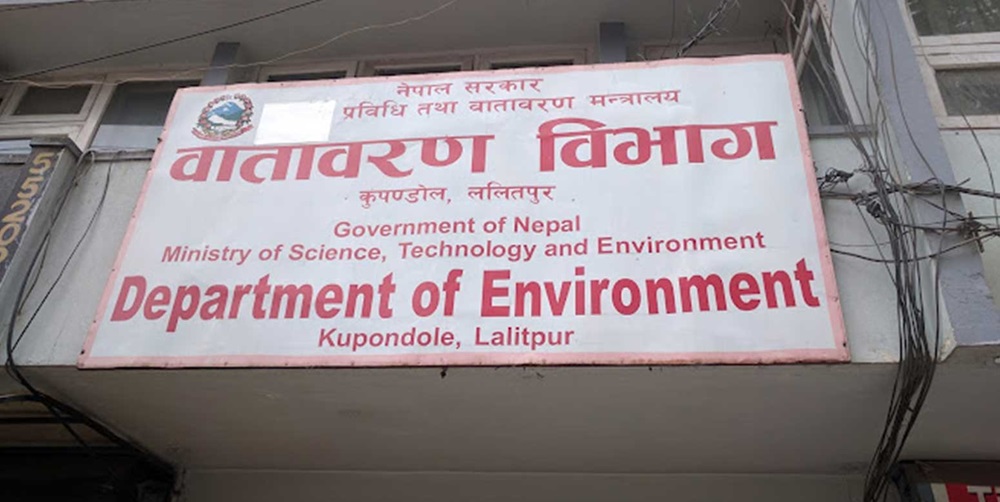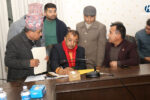KATHMANDU: The Department of Environment has urged the public to avoid burning solid and plastic waste in light of rising air pollution levels across several regions, including the Kathmandu Valley.
With the onset of winter, air pollution has gradually increased, particularly in the Tarai region and the Kathmandu Valley over the past few weeks.
The Department identified several main contributors to this pollution, including emissions from industries, vehicles, forest fires, open waste burning, agricultural residue incineration, household smoke, and dust from roads and construction sites.
The air quality index categorizes levels as follows: 0-50 (good), 51-100 (moderate), 101-150 (unhealthy for sensitive groups), 151-200 (unhealthy), 201-300 (very unhealthy), and 301+ (dangerous).
Given the significant health impacts of air pollution, the Department emphasized the need for special precautions for vulnerable groups, including children, the elderly, individuals with respiratory or heart conditions, and pregnant women.
In addition, the Department has called on the public to refrain from burning solid and plastic waste and agricultural residues, maintain vehicles regularly, adopt clean energy in industries and kitchens, and manage smoke and dust from roads and construction sites effectively.
The Department is actively monitoring air pollution levels through stations across the country.









Comment